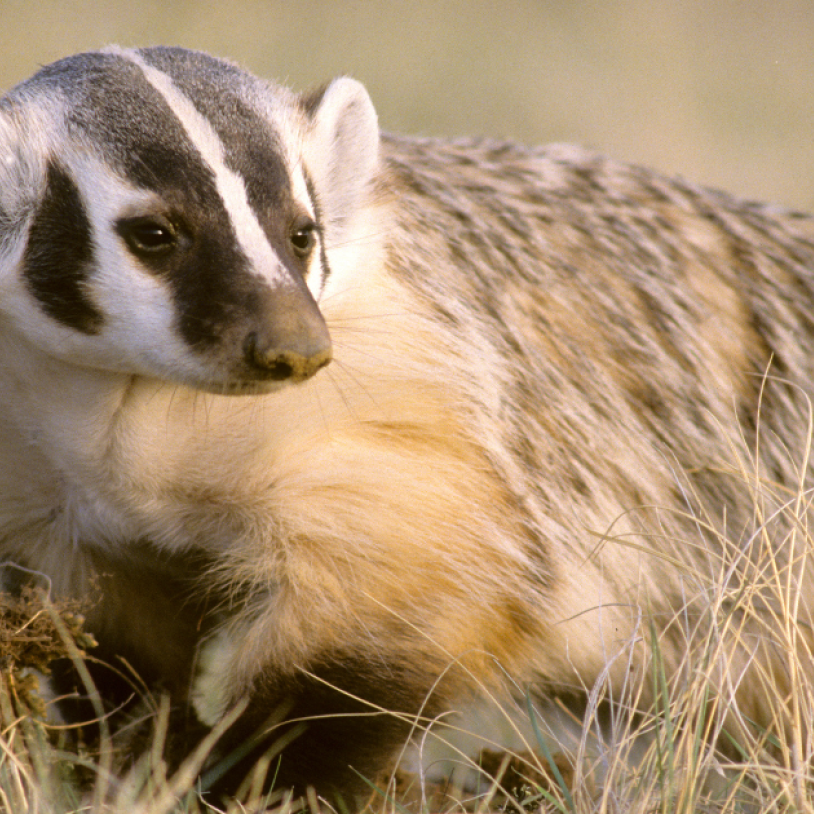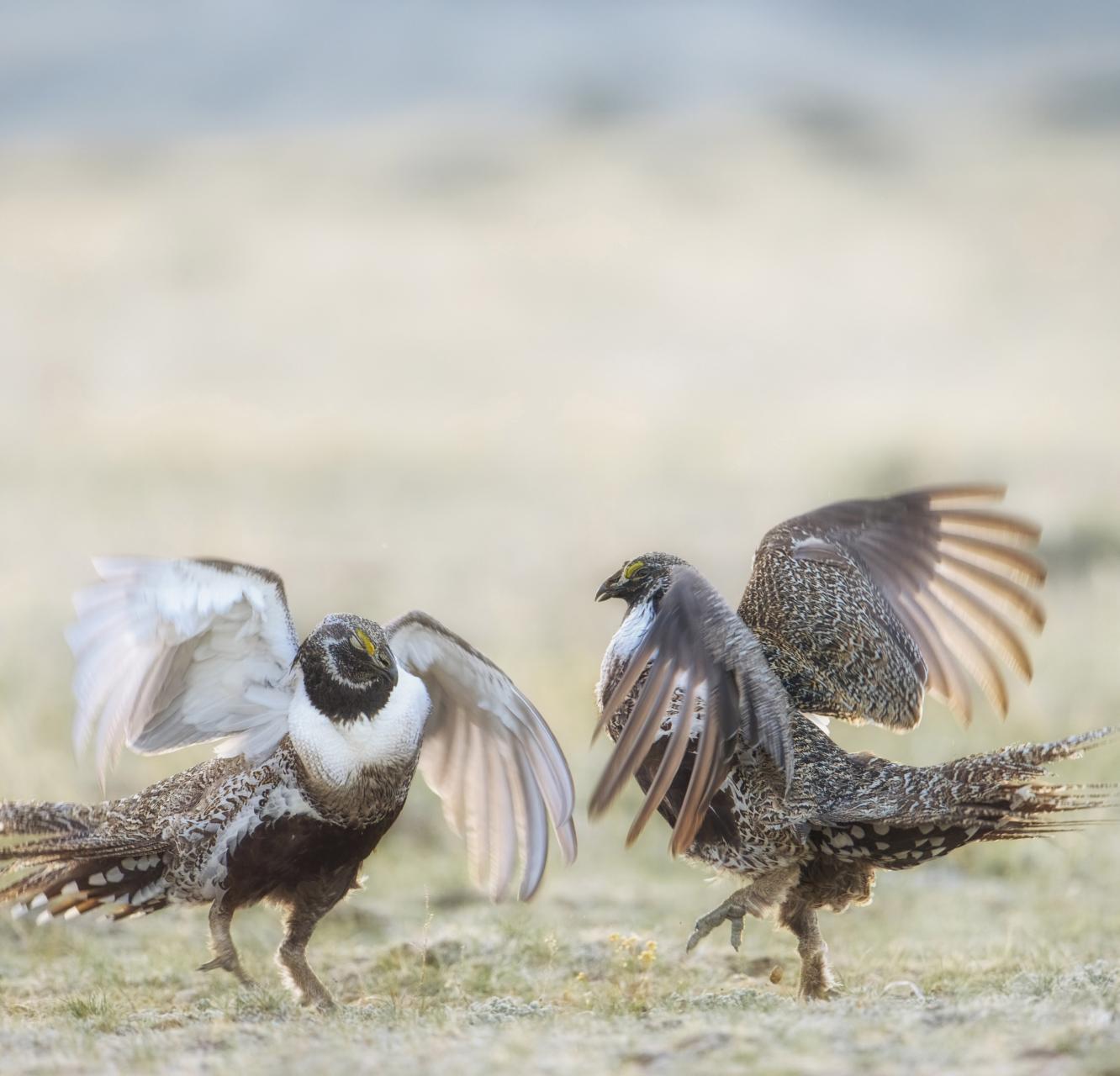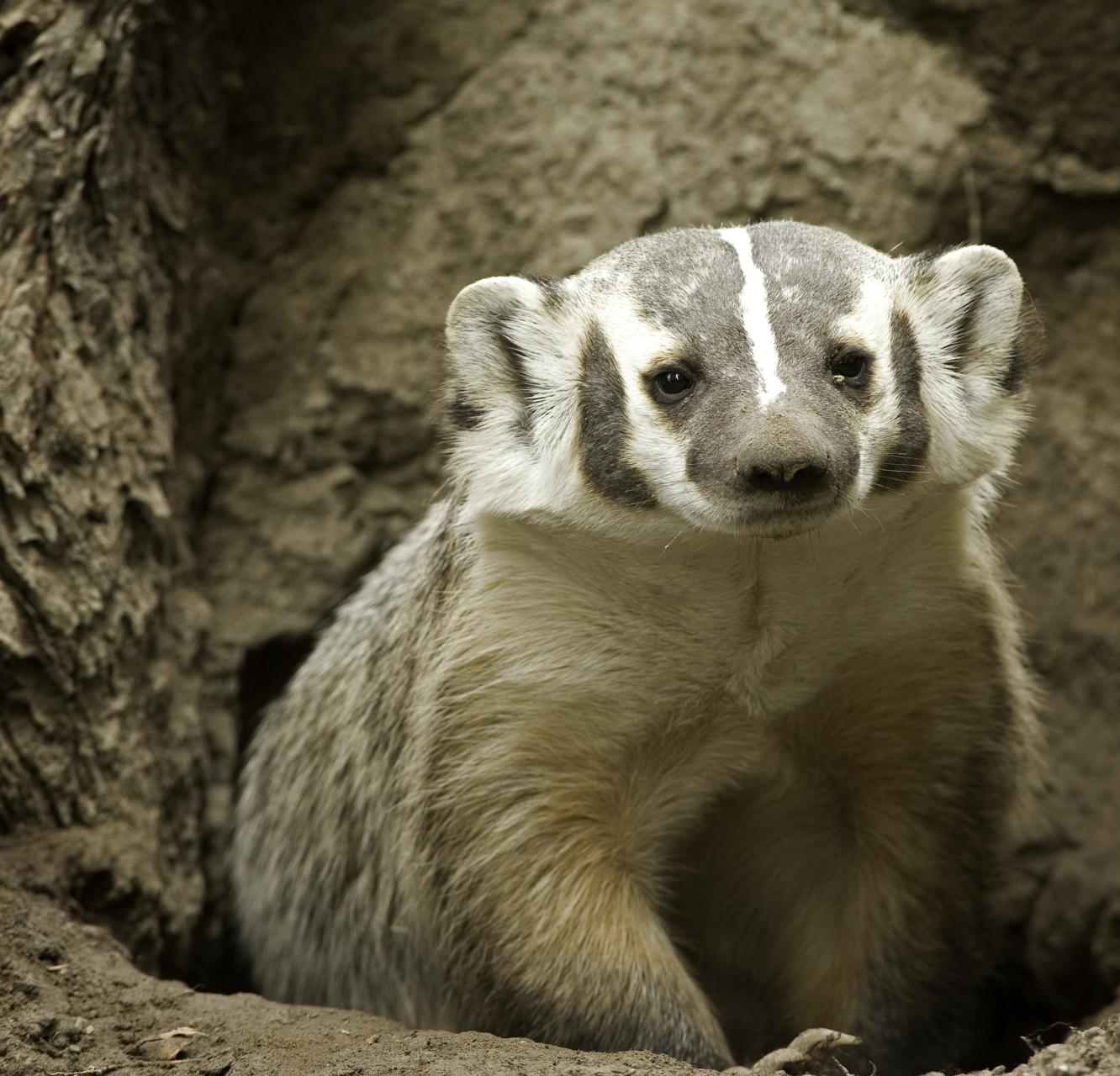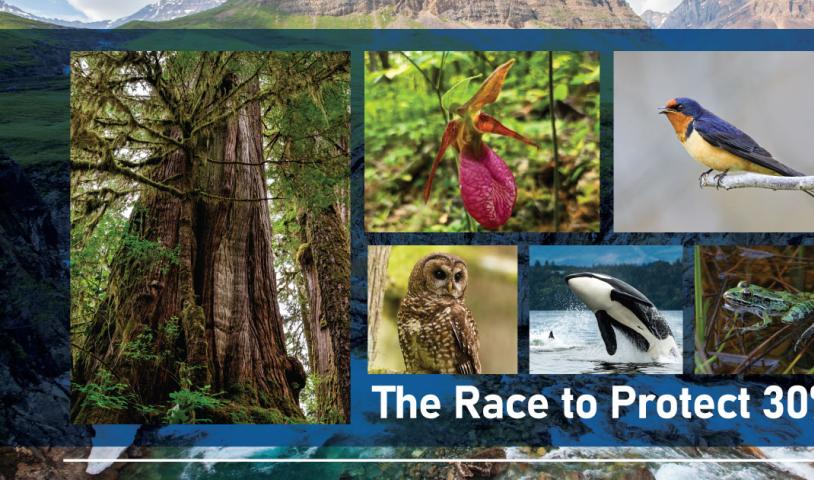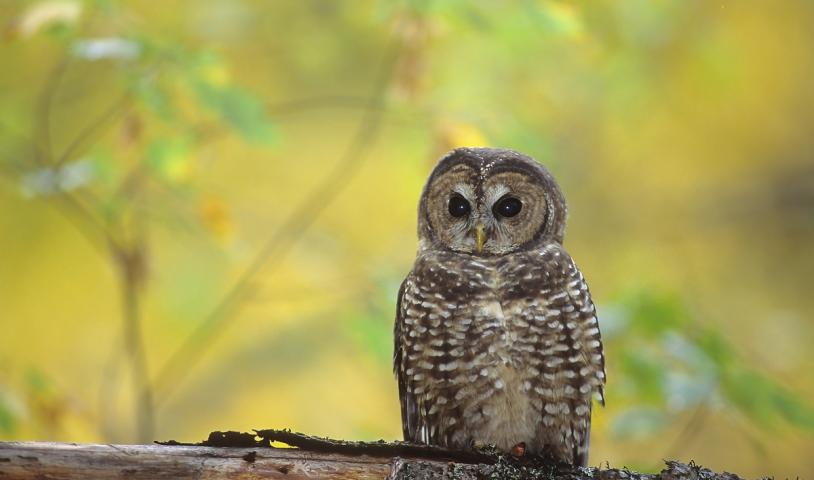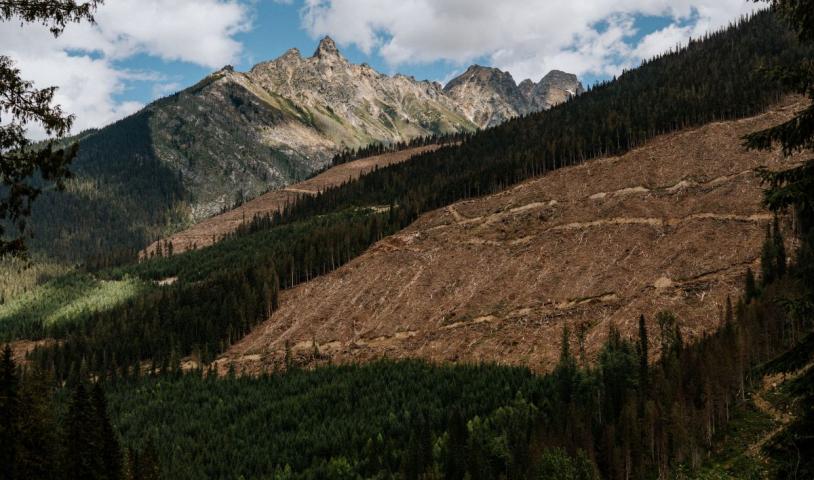Governors’ talk on habitat lacks teeth
Wednesday, May 20, 2009AS THE CUTE cybermascot of the Vancouver 2010 Winter Olympics, “Mukmuk” is described as a “small and friendly Vancouver Island marmot” that eats, burrows and “cheers loudly for his friends.”
He’s bound for fame, but Mukmuk may be marked for extinction. Fewer than 100 of the marmots survive in the subalpine meadows of central Vancouver Island, on land that has been logged intensively.
In a recent directive to the marmot recovery team, the British Columbia government ordered: “It should be made clear the critical habitat is not being proposed at this time.”
“How can you preserve a species if you don’t protect its habitat?” asked Gwen Barlee, policy director for the Western Canada Wilderness Committee.
Mukmuk comes to mind as U.S. governors and premiers from Western Canada prepare to convene at month’s end in Jackson Hole, Wyo. They’re going green big-time.
Tom Brokaw is on the agenda, and the governors and premiers will discuss “Western Renewable Energy Zones,” and development and deployment of “alternative transportation fuels,” plus the need for “wildlife corridors and habitat connectivity.”
Using as photo backdrop the Grand Teton, which towers above Jackson Hole, politicians love to deliver environmental promises (the first President Bush), show their love for the out-of-doors (Bill Clinton) and block off tourists so they can go fly-fishing (Dick Cheney).
The proof is what you do back home. Away from the TV cameras, the record of those convening for the upcoming Western Governors Association meeting leaves much to be desired.
Begin with Mukmuk! Just look at e-mails venting the private frustrations of folks on the marmot recovery team:
“The government stripped out identification of critical habitat,” wrote one. “It is not clear from the text why currently occupied habitat couldn’t be identified,” said another.
Or we can move up the food chain — to the grizzly bear.
British Columbia Premier Gordon Campbell has made a big deal of his carbon tax and commitment to reduce the province’s emissions of greenhouse gases. Huzzahs for him! Look, however, at game management in the Great White North.
The Campbell government did two things when it took office in 2001. It axed a moratorium on grizzly bear hunting. And it laid off dozens of conservation officers, the people who had previously kept track of the age and gender of bears when griz hunting was legal.
“We’ve had enormous difficulty getting figures on bear mortality out of the government,” said Dr. Faisal Moola, science director at the David Suzuki Foundation, which monitors the government from Vancouver.
A total of 430 grizzly bears were shot last year in British Columbia, a province record.
The total grizzly kill between 2004 and 2007 was 1,391 bears; nearly 11,000 grizzlies have been legally killed since 1975. The figures do not reflect bears illegally killed because their paws or gall bladders supposedly have a medicinal value.
Estimates of the province’s grizzly population have varied from 5,000 to 15,000.
“Population figures have always been a contentious issue,” said Chris Morgan, a Bellingham-based bear expert. Conservation groups argue for a lower number, while the government estimates on the high side.
But, added Morgan, “Grizzlies are notoriously difficult to census, so any harvest level should err on the side of caution and be based on the lower population estimates to be safe.”
The American governors going green at Jackson Hole should also be called to account.
Montana, Idaho and Wyoming officials have campaigned to cut protection for grizzlies under the Endangered Species Act. The states have authorized a hunt once a federal court challenge to delisting is resolved.
Gray wolves are being shot in significant numbers since Endangered Species Act protection for “canis lupus” was removed in March of last year.
The wolf kill has totaled 44 animals in Montana, 29 in Idaho and 19 in Wyoming.
In Wyoming, where Gov. Dave Freudenthal chairs the Western Governors Association, oil and gas drilling has run amok in critical winter wildlife range.
Washington has a relatively mild controversy — the gung-ho drive by state government to begin and/or resume cattle grazing on state-owned wildlife lands in Eastern Washington.
Problems span the border: We manage wildlife within arbitrary jurisdictions. Wildlife populations are isolated and fragmented. Our federal government, under the Bush administration, has resisted listing such species as the wolverine as endangered. Canada’s federal government has shoved responsibility onto the provinces.
What Barlee says about marmots applies to critters large and small: “They don’t want to identify and protect critical habitat because they don’t want to step on the toes of industry. That is shameful.”
The flag of California will be among those hanging as the governors and premiers convene.
It shows the state’s great Golden Bear symbol. The Golden Bear also is a symbol for the University of California-Berkeley and UCLA athletic teams.
Sad to say, grizzlies went extinct in California in 1922, when a grizz was shot in Tulare County.
Will Mukmuk live on as a species or as a symbol?
